Making a Budgeting Plan
Most of the decisions you face have a financial consequence. Stop for the third Starbucks drink this week? Sign another year’s lease, or start house shopping? Enroll in your new employer’s retirement plan? Commit to a monthly gift to your favorite non-profit? Avoid credit cards at all cost?
Let’s answer a few questions that might be timely for you.
When should I start saving for retirement?
A couple of generations ago, a person would work for a company for 40 years, and then that company or industry would provide a pension to fund the employee’s retirement. Other than in a couple of professions, those days are gone. If you want to retire, you will more than likely be responsible for funding the majority of your retirement expenses. So, when should you start saving for retirement? Yesterday. Consider this example of different savings scenarios to illustrate the power of compounding interest. We’ll assume 10% annual investment returns for all three savers.
1) Started saving $250 per month at age 22. Retired at age 65 with $2,139,102. 2) Started saving $250 per month at age 30. Retired at age 65 with $948,180. 3) Started saving $250 per month at age 40. Retired at age 65 with $331,482.
Do I really need to create a budget?
How you spend the money that you bring in is a direct reflection of your priorities. The 50/30/20 Approach can be a good starting point. This framework calls for 50% of your income to be spent on needs (housing, groceries, minimum loan payments, etc.), 30% on “wants” (eating out, shopping, vacations, etc.), and 20% “excess” (giving, savings, and excess loan payments). The more control you gain over your finances, the lower you can get your “needs” percentage and increase your “excess.” To get a clear picture of where your money is going, try tracking your spending on a budgeting site/app such as Mint or PocketGuard.
Are credit cards always a bad idea?
I’m going to tread lightly here, because credit cards, when used recklessly, can be a path to financial hardship and create a mountain of interest payments. But, when used responsibly, credit cards can be a tool to build credit and earn cash back. A healthy practice with credit cards is to pay off the balance each month. Doing this, you’ll never pay a penny in interest. Self-awareness is key here. If you know that a credit card will be a slippery slope for you, avoid them completely. If you know you are capable of responsible credit card use, look at a tool such as NerdWallet to compare your options.
There’s no doubt that how you answer some of these questions will have longer-lasting impacts than others, but it is important to take ownership in the fact that at this moment of transition in your life, you have the opportunity to define what your financial priorities will be moving forward.
_________________________________________
Cory Powell joined the Marion, IN office of Raymond James as
a Financial Advisor in 2011 after graduating from Huntington University. Cory is a Grant County native, and he and his wife Katie currently live in Gas City with their two boys, Hudson and Blake.

